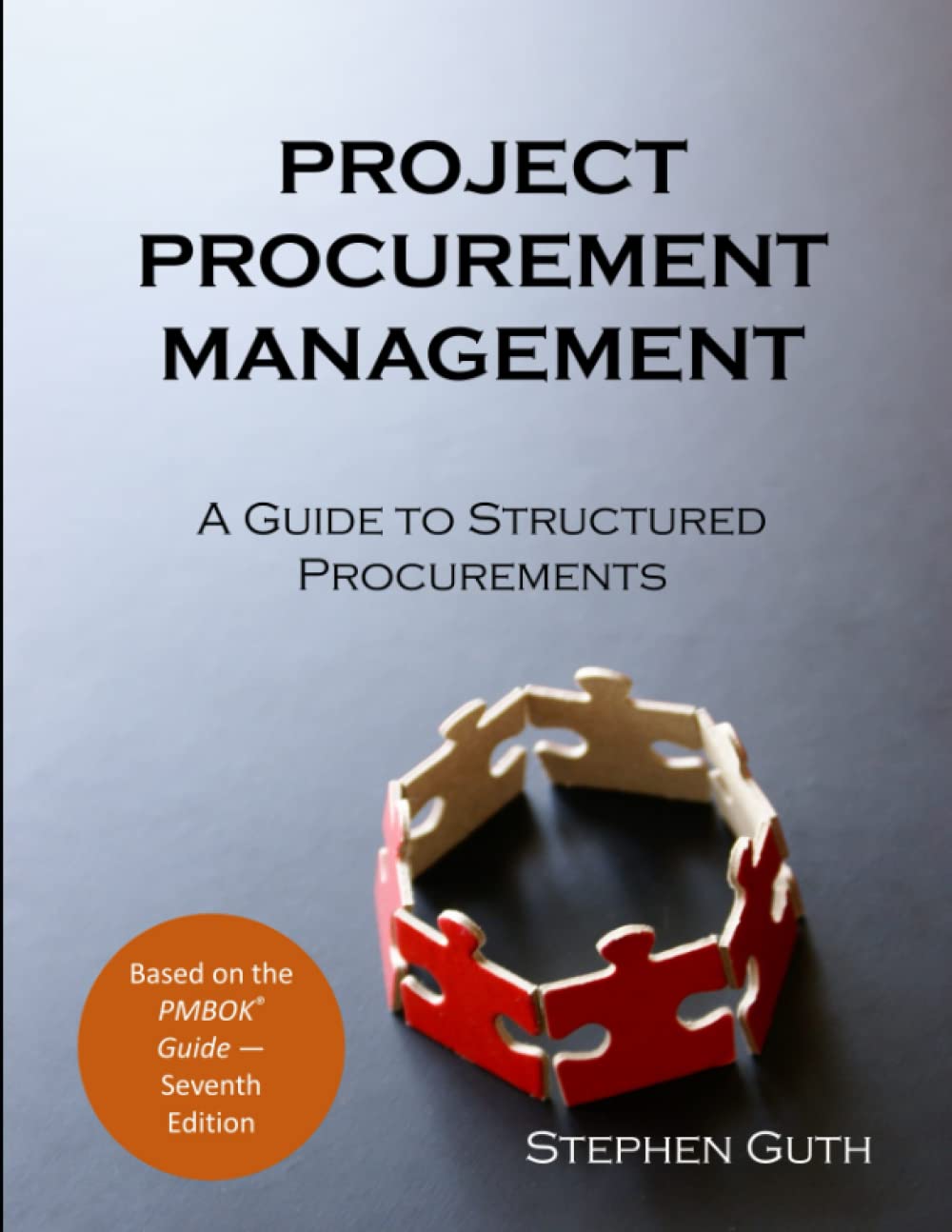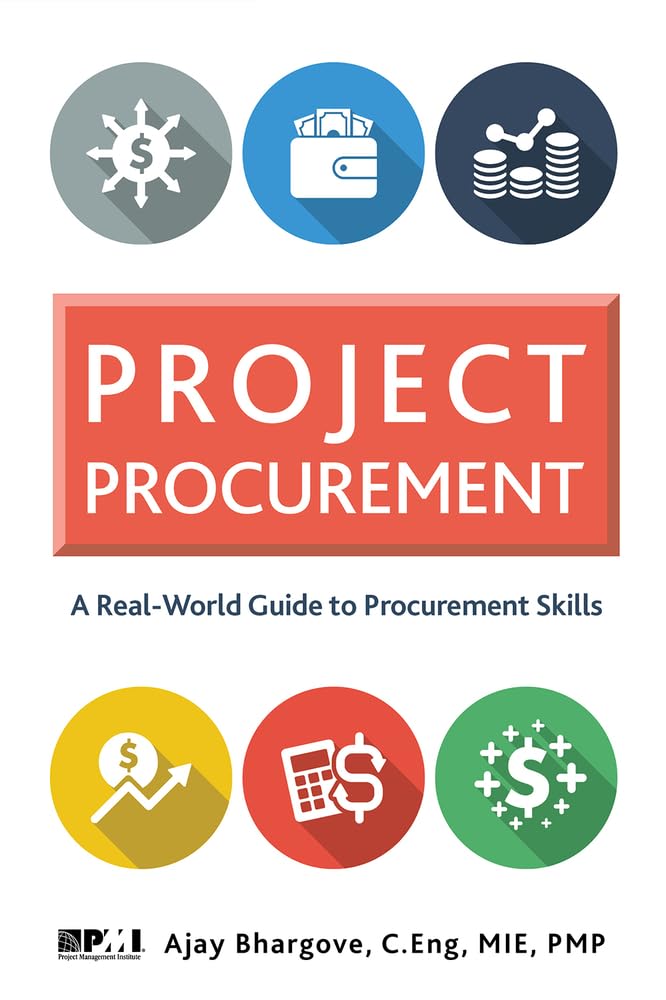
Project Procurement Management
What is Project Procurement Management?
Project procurement management is the process of acquiring goods, services, or results from outside the project team to meet project goals. It involves identifying what needs to be purchased or contracted, selecting vendors, managing contracts, and ensuring that all procurement activities align with project requirements and timelines. This process is essential in projects that rely on external suppliers or service providers to deliver critical components. Procurement decisions must consider factors such as cost, quality, availability, and legal terms.
This area of project management typically follows a structured approach. It begins with planning, defining procurement needs and outlining the strategy. The next steps include conducting procurements, controlling the procurement activities to ensure compliance and performance, and finally closing out the contracts when all obligations have been fulfilled.
Effective procurement management reduces risk, controls costs, and helps ensure the successful completion of the project by securing necessary resources from qualified sources.
Key Points
- Involves four main processes: plan procurement management, conduct procurements, control procurements, and close procurements.
- Ensures that external resources meet project scope, schedule, and quality standards.
- Requires careful documentation, including procurement management plans, statements of work, and contract terms.
- Legal and ethical standards must guide all procurement activities.
- Often requires close coordination with legal, finance, and vendor management teams.
Related Terms
- Contract management oversees contract creation, execution, and analysis to maximize operational and financial performance.
- A request for proposal (RFP) is a formal document used to solicit bids from potential vendors when project requirements are complex or custom.
- Vendor management involves evaluating, selecting, and overseeing suppliers to ensure they meet contractual and performance expectations.
- A statement of work (SOW) defines the detailed deliverables, timelines, and expectations of services or goods to be provided by a supplier.
- Make-or-buy analysis helps project teams determine whether to do project work internally or outsource it to a third party.
Project Procurement Management: Example
A construction project might require specialized equipment that the company does not own. The project team begins by identifying procurement needs and writing a request for quotation. After evaluating bids, they award a contract to a supplier, monitor delivery and quality, and close the procurement once they receive and pay for the equipment.
Project Procurement Management: Best Practices
- Develop a clear procurement management plan early in the project lifecycle.
- Use well-defined evaluation criteria when selecting vendors or suppliers.
- Maintain open and consistent communication with vendors throughout the project.
- Regularly monitor contract performance and address issues promptly.
- Document all procurement decisions and contract changes for transparency and accountability.
Additional Resources
Preparing for a PMI certification?
- Exam Prep Courses: PMP®, CAPM®, and PMI-ACP®
- Exam Simulators: PMP®, CAPM®, PMI-ACP®, PMI-PBA®, PMI-RMP®, PMI-SP®, PgMP®, and PfMP®
- Professional Development Units (PDUs): 15, 30, and 60 PDU Bundles




